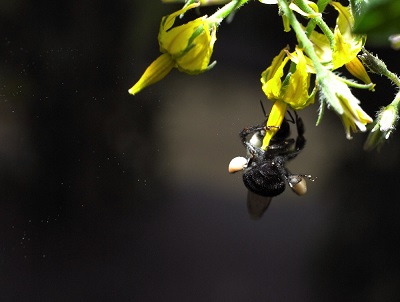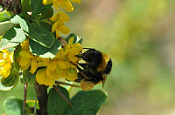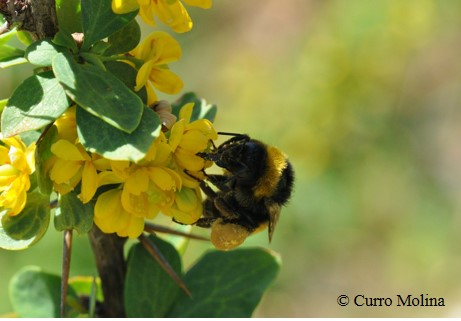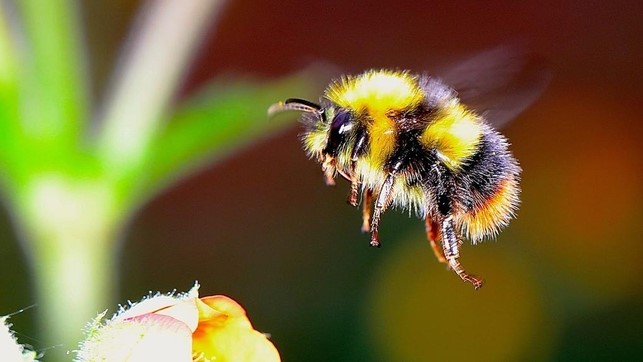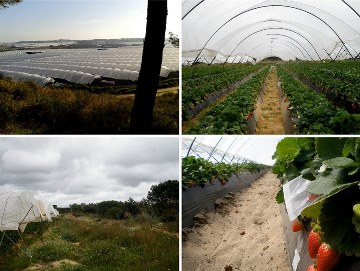
Welcome
Welcome to the official website of the Doñana Biological Station (EBD-CSIC)...

The Doñana Biological Station: EBD-CSIC
The Doñana Biological Station is a public Research Institute belonging to the Spanish Council for Scientific Research CSIC in the area of Natural Resources...

Mission
Our fundamental mission is to carry out multidisciplinary research of the highest standard directed to understanding the way in which biodiversity is generated, maintained and deteriorates, as well as the consequences of its loss...

Our methods
We apply many techniques within a multidisciplinary framework, from molecular genetics to remote sensing, and from modelling to physiological and isotopic analyses...

Monitoring the environment
Monitoring biodiversity at the Doñana Natural Space cover a wide range of communities, including both terrestrial and aquatic organisms...

Aims
Our aims include the study of the ecological and evolutionary processes by combining field work, mathematical and statistical models and physiological and genetic analysis...
 Outstanding
Outstanding
-
 Interactions between plants and animals allows species to survive
Interactions between plants and animals allows species to survive -
 Interactions among global change pressures act in a non-additive way on bumblebee individuals and colonies
Interactions among global change pressures act in a non-additive way on bumblebee individuals and colonies -
 Combined effects of global change on bumblebees
Combined effects of global change on bumblebees -
 Generalized hybridization between commercial and native individuals of bumble bees
Generalized hybridization between commercial and native individuals of bumble bees -
 Use of commercial bumble bees as pollinators in the strawberry “Fortuna” crops does not enhance crop yield
Use of commercial bumble bees as pollinators in the strawberry “Fortuna” crops does not enhance crop yield
 News
News
Content with tag bombus terrestris .
 Interactions between plants and animals allows species to survive
Interactions between plants and animals allows species to survive
Results indicates that any change introduced in an ecosystem radically alters the behaviour of species in a way that is difficult to predict

